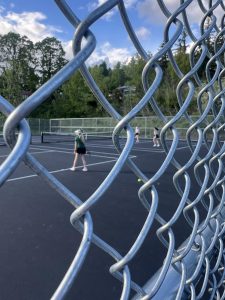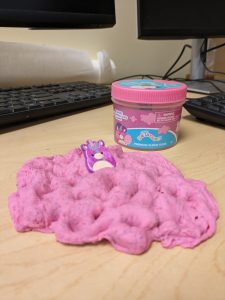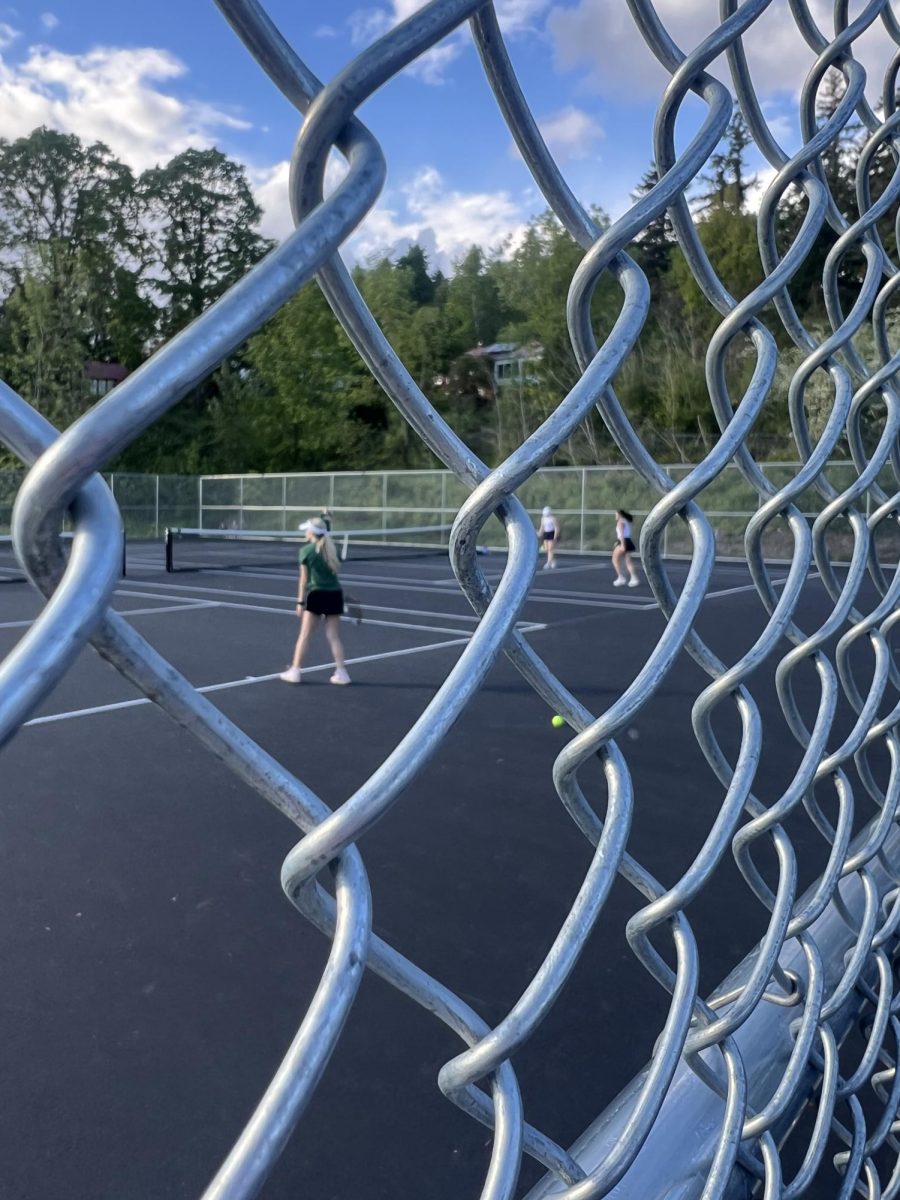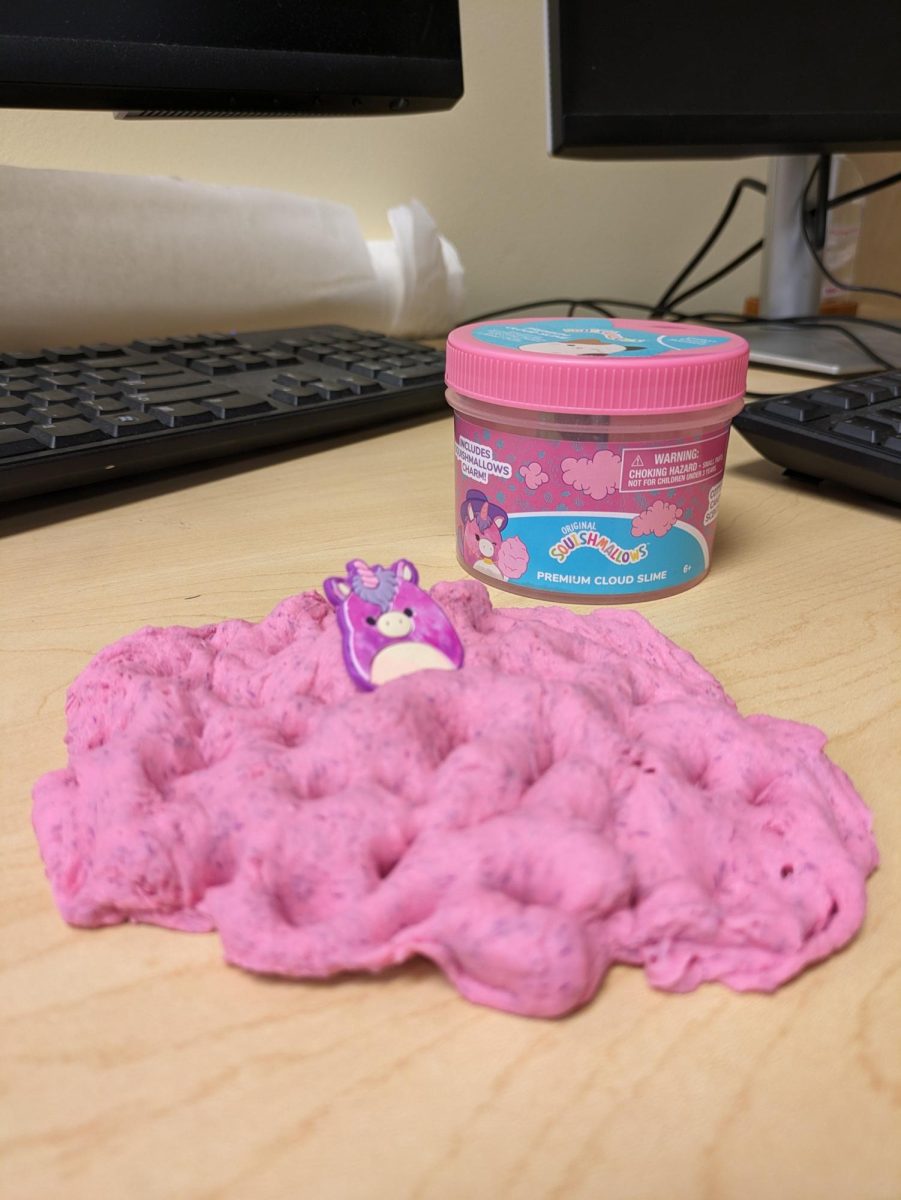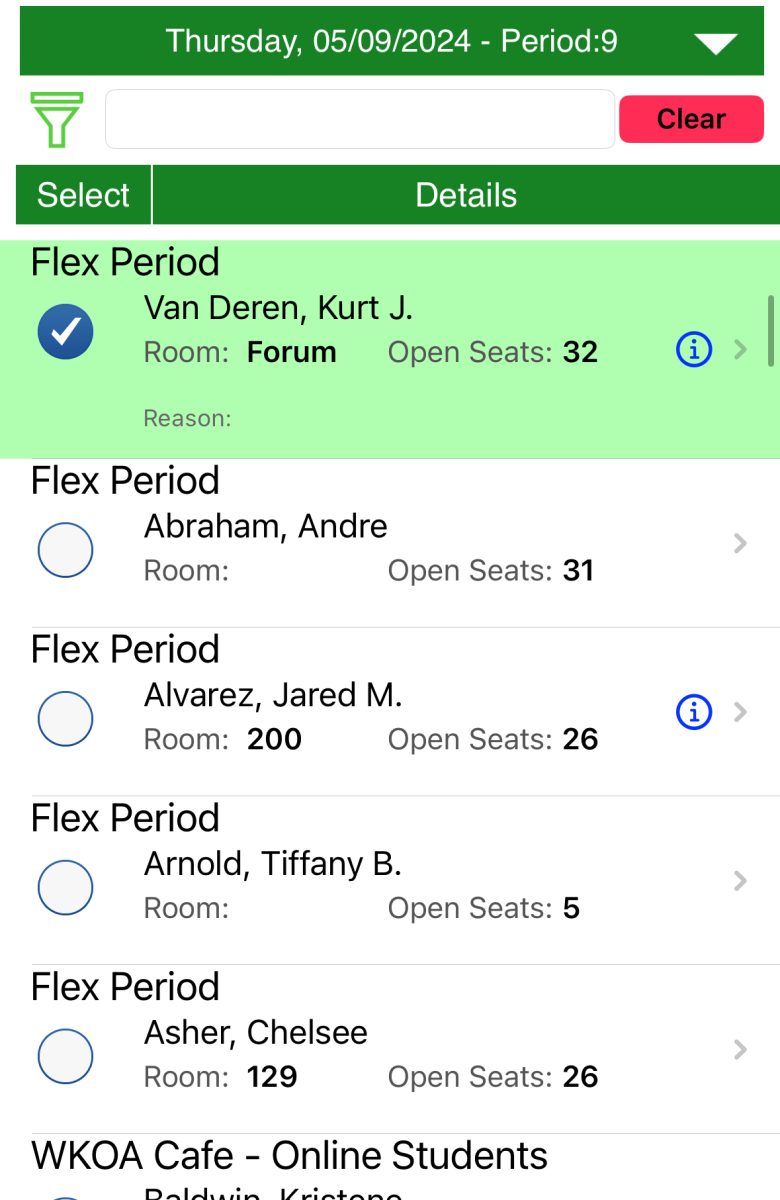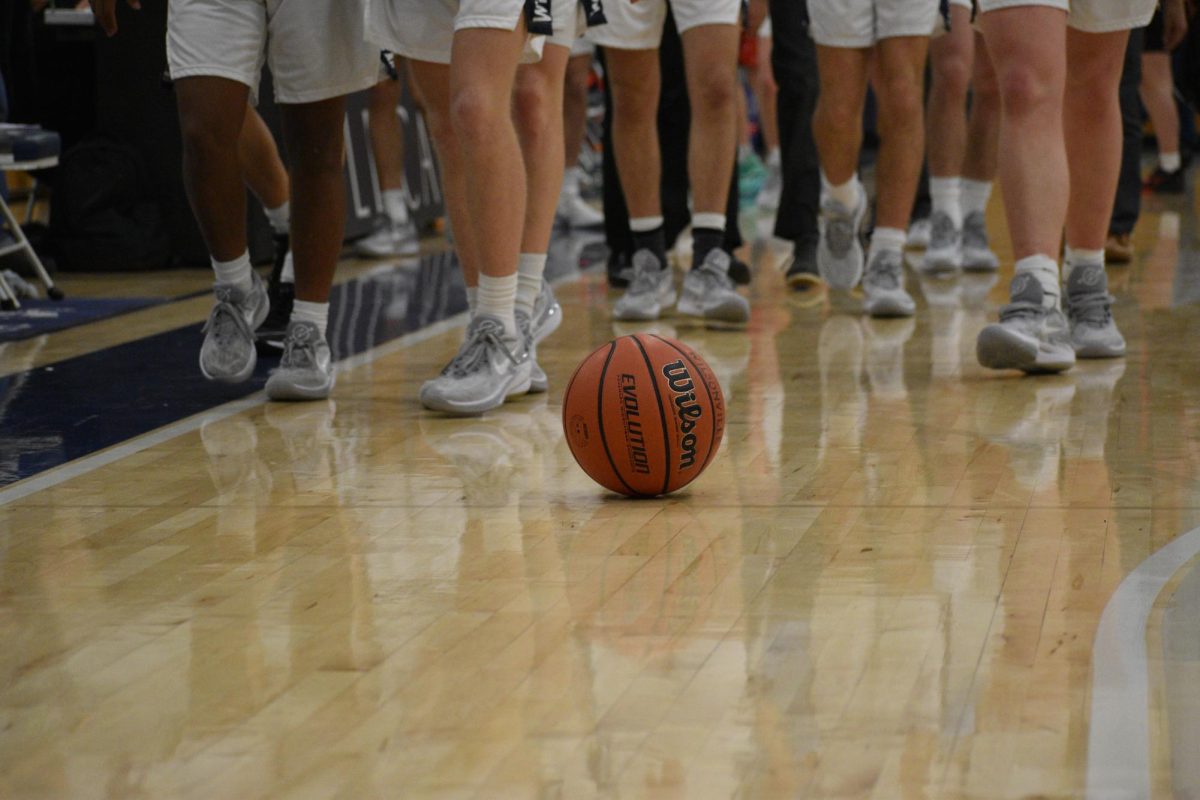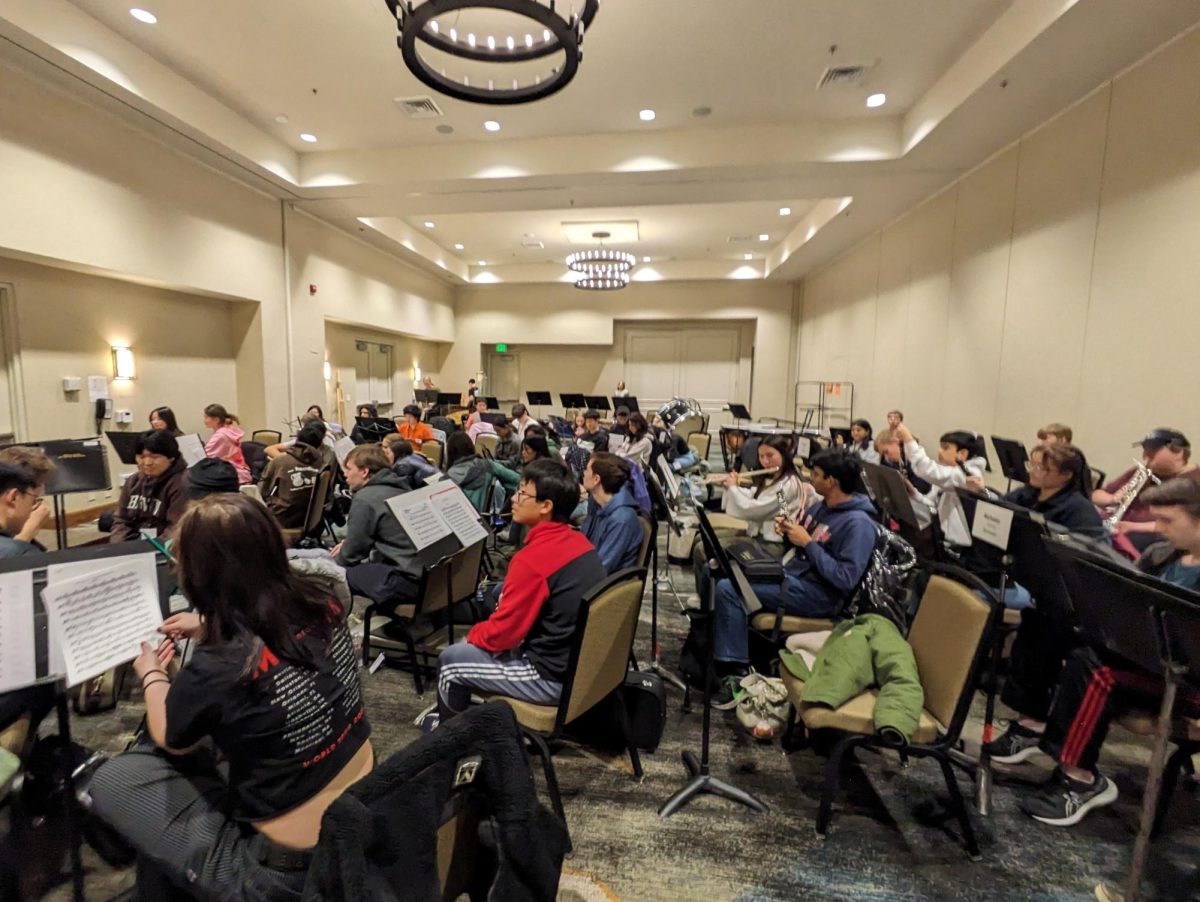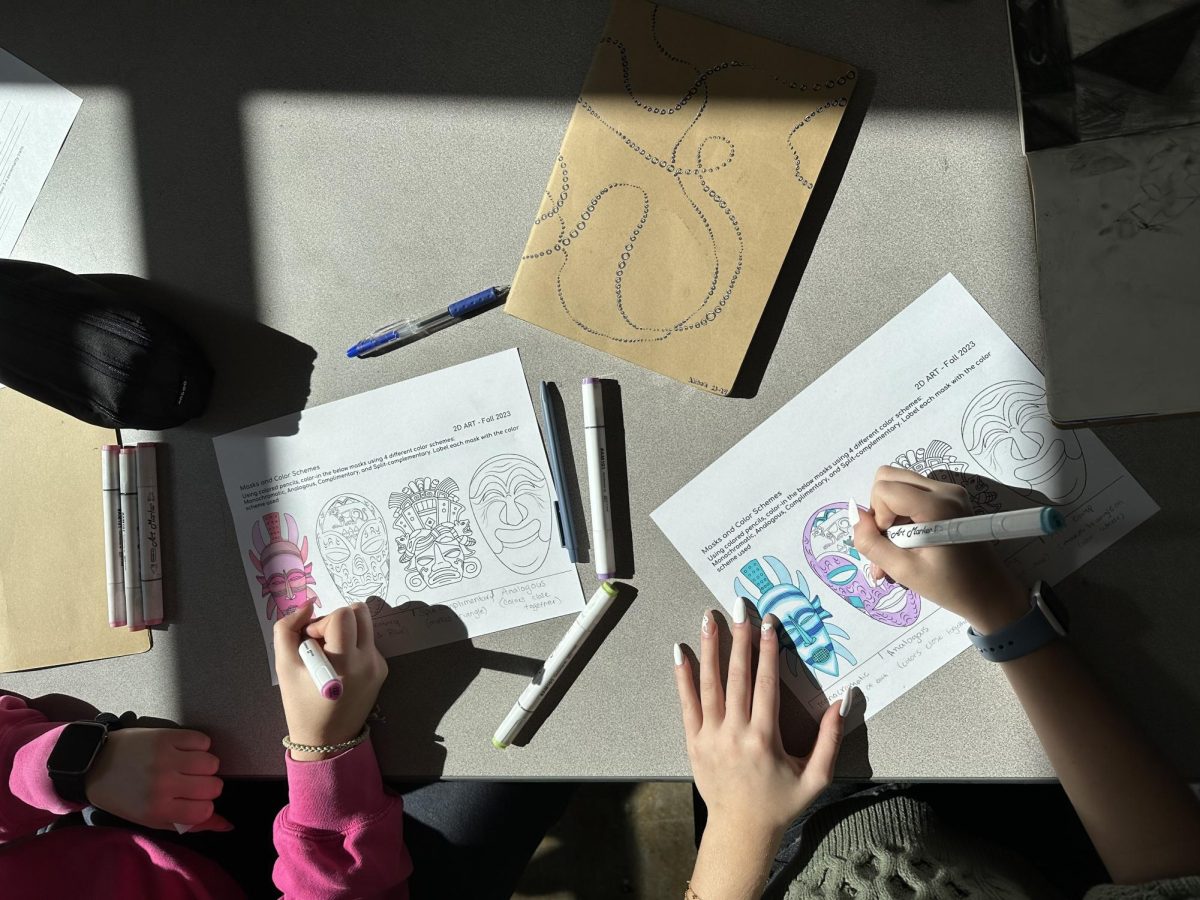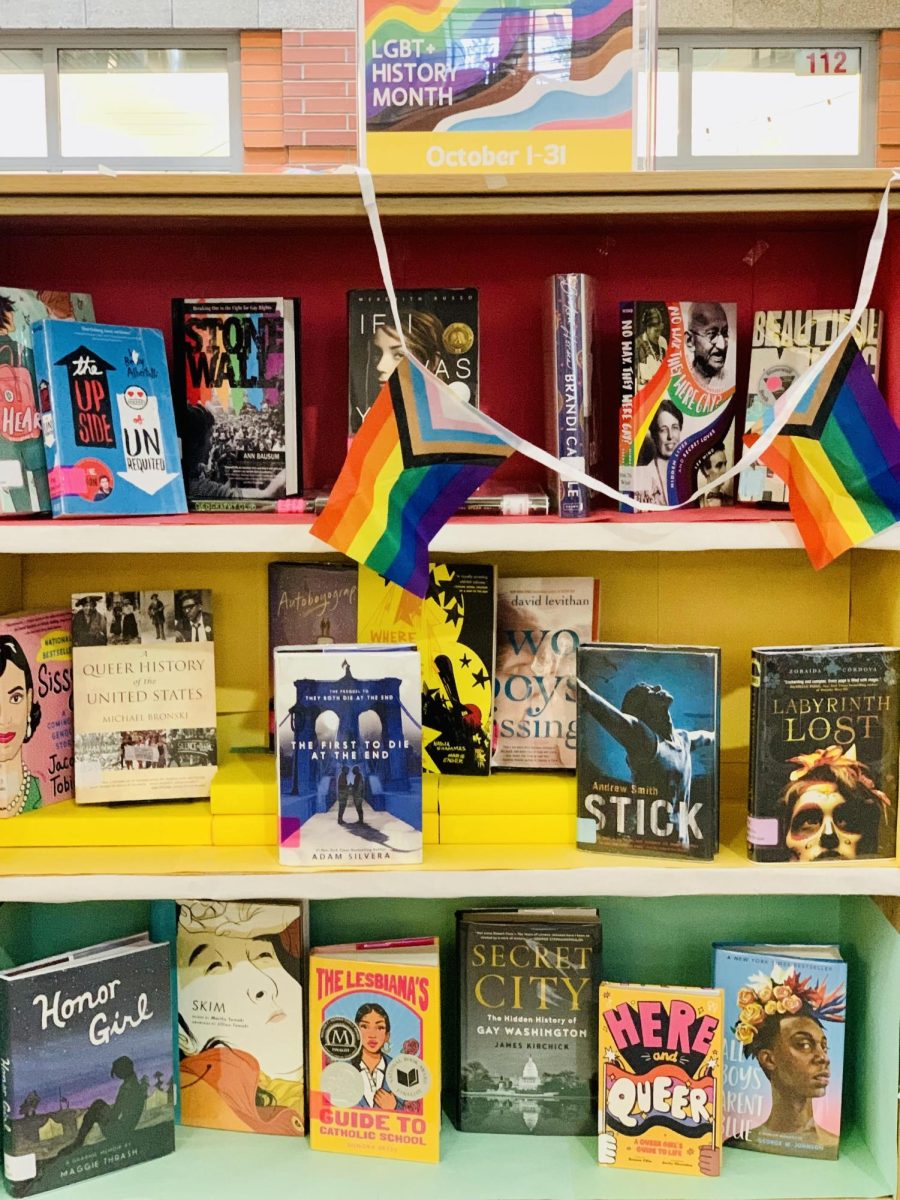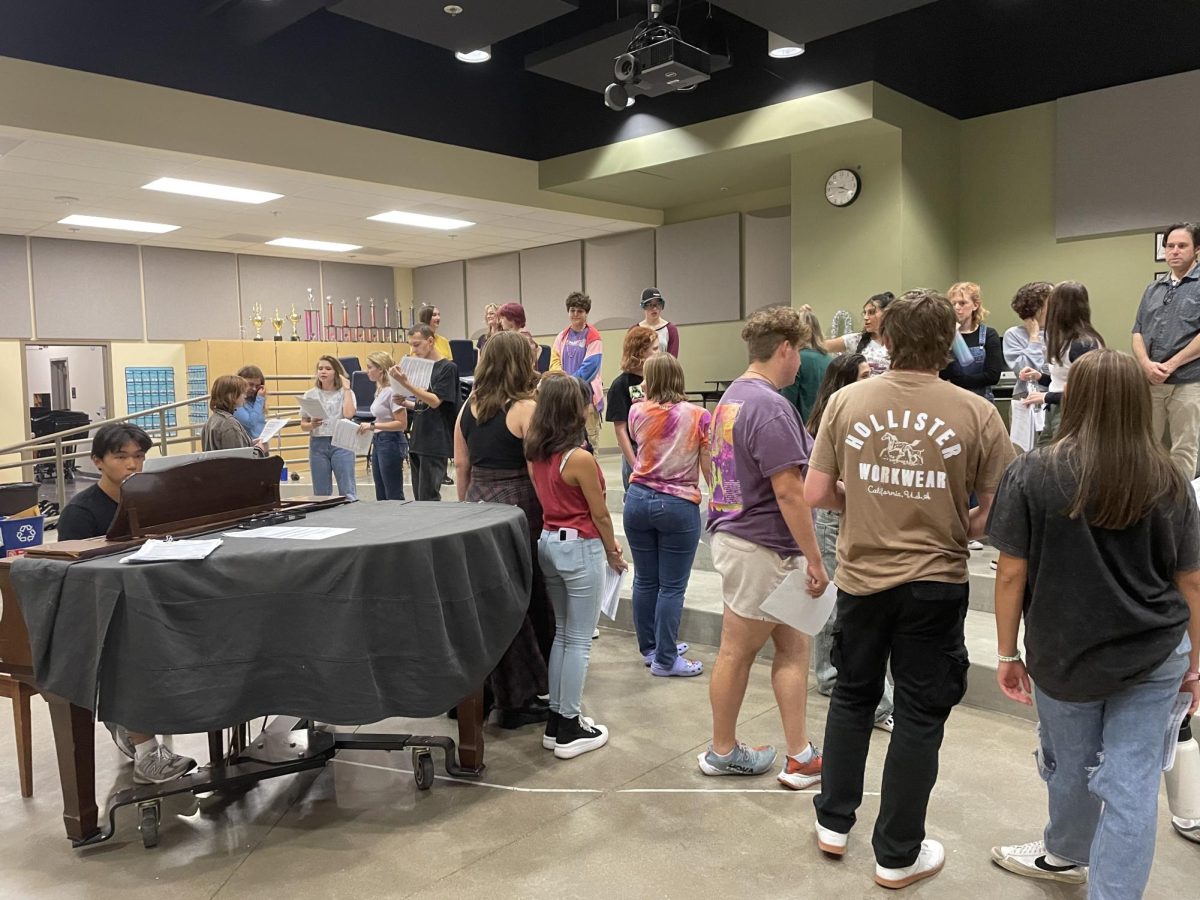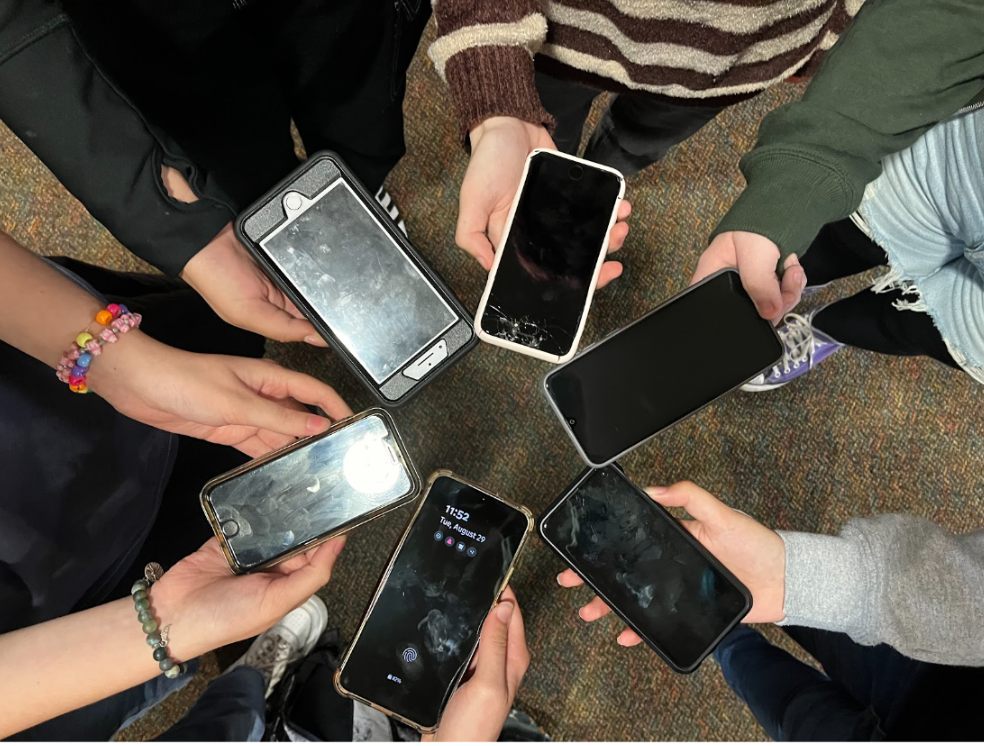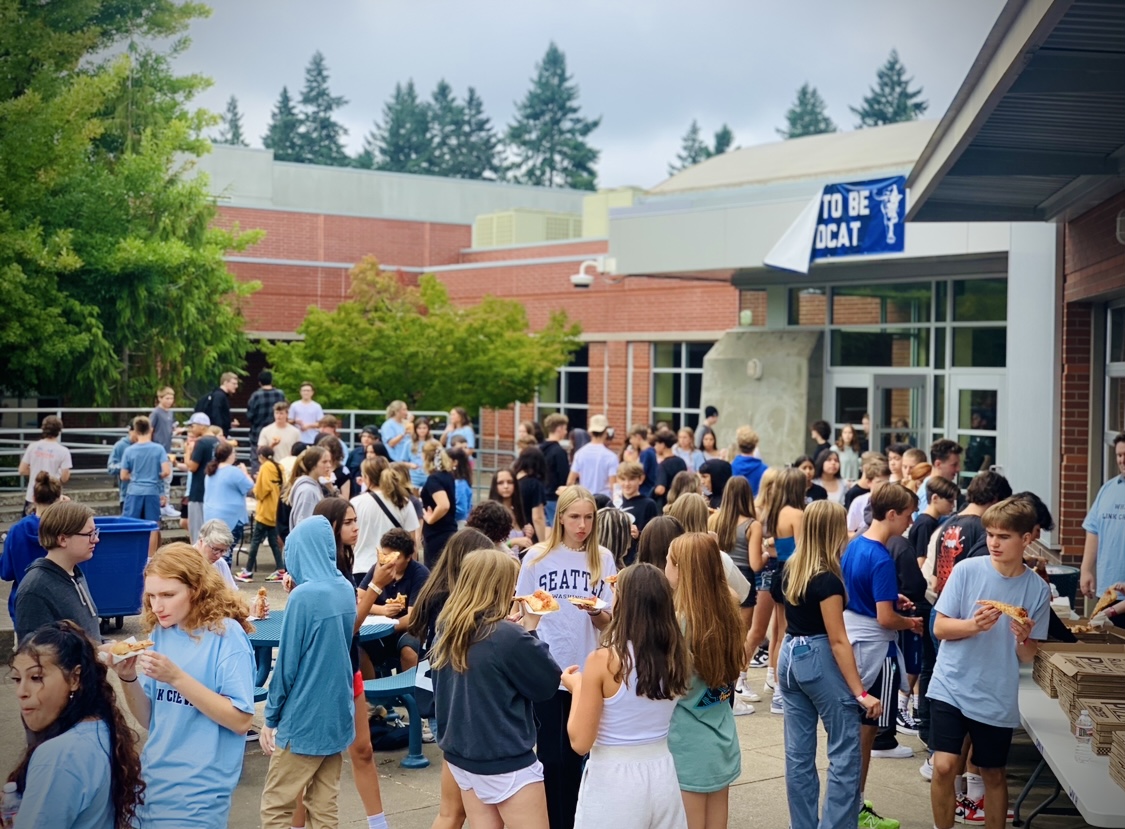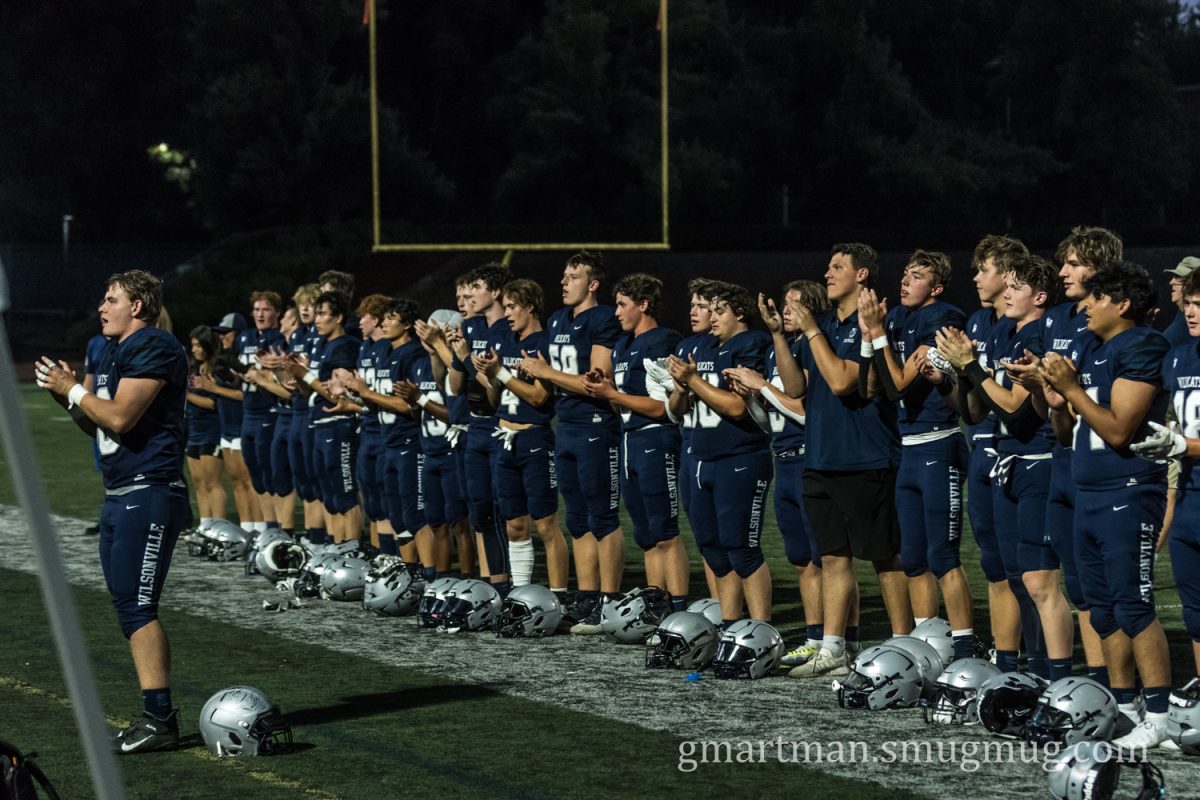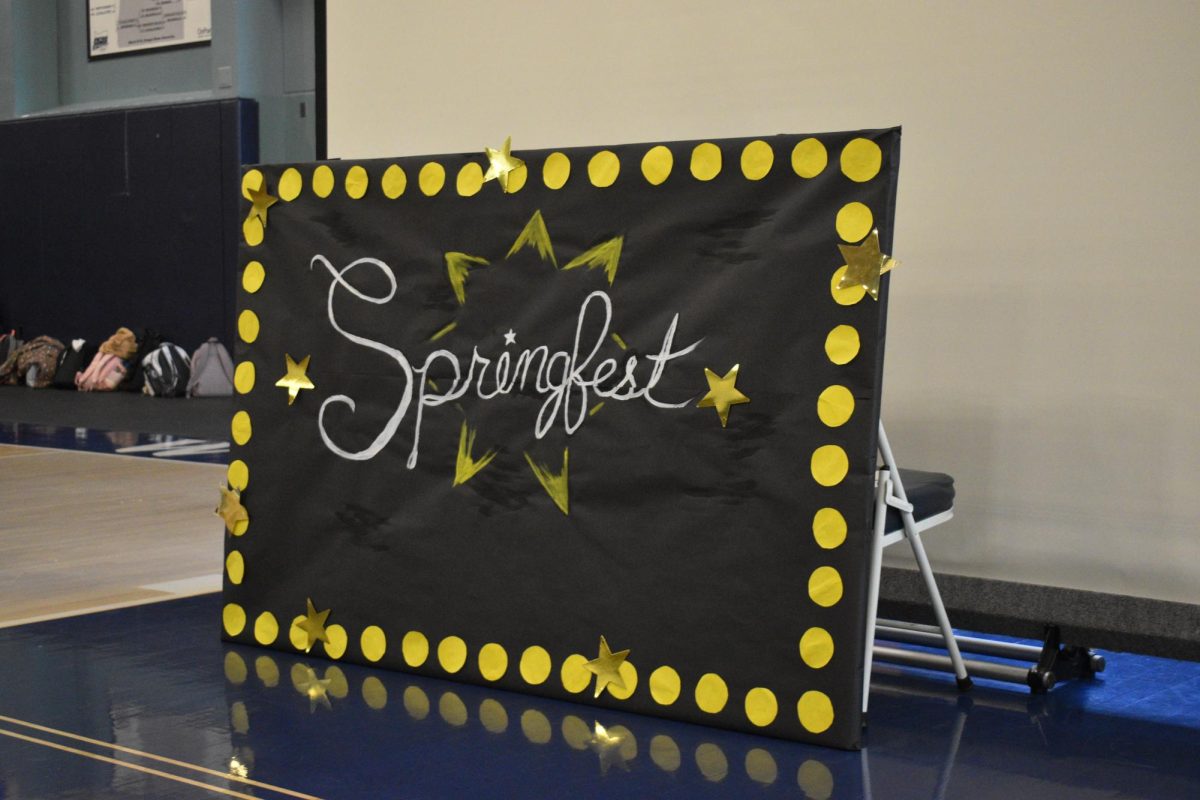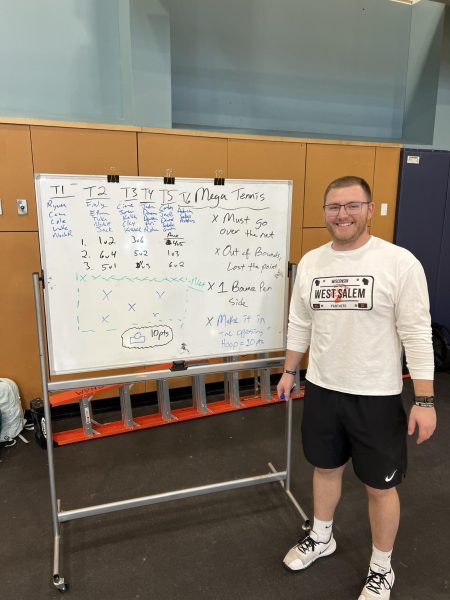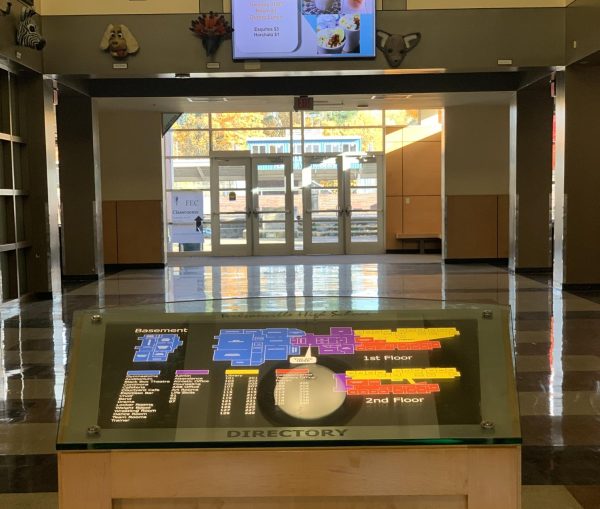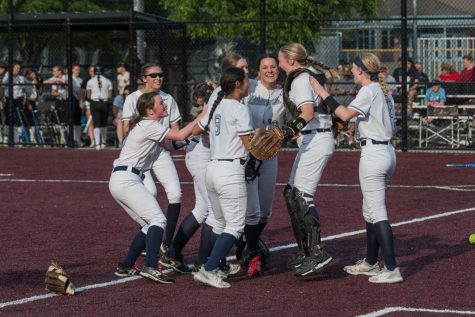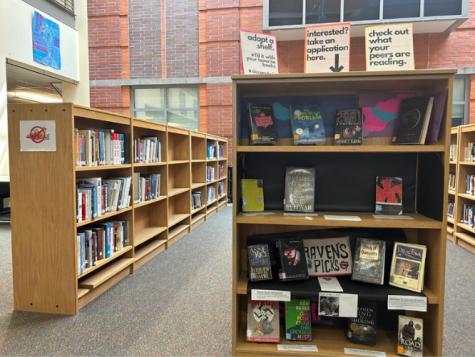Education takes a hit
May 5, 2023
We are headed into a technological age that the world is vastly unprepared for. Schools especially have faced many challenges already when it comes to combating the fast growing artificial intelligence.
Students have started to rely on programs such as ChatGPT to construct their essays, answer questions on homework, and replace their critical thinking skills. The use of these programs are difficult for teachers to detect and students that use them often fly under the radar.
The way that teachers are currently educating their students doesn’t force them to rely on their critical thinking. Assistant Principal Nollie Strohmaier detailed, “We have to think about what we really want the students to learn and understand.”
Educators aren’t prepared to help their students use AI technology in an ethical way; and the consequences of that will ripple. The reliance students have on AI takes away from the learning process; which is going to cause a generation of people that can’t solve problems.
Photography teacher Rosie day said, “An over reliance on AI and technology in general can diminish students’ opportunities to practice interpersonal skills and collaboration with others.”
In many jobs collaboration is crucial for the execution of the career; if this is not practiced in schools now students will struggle with it always. Teachers have always taught students to “keep your eyes on your own test,” and “if you’re caught talking you will get a zero.”
This mentality towards education needs to start shifting with technology or students are going to face drastic consequences later in life. Strohmaier added, “If we think of some of our practices within education they haven’t changed much in the last hundred years – technology has.”
With this new dependence on artificial intelligence students are not prepared for what the jobs the world is going to offer. As service industry jobs are also starting to disappear with AI, getting a good education is becoming increasingly important; but seemingly impossible.
Although, just like anything else, some change can be good. “I believe that AI has the potential to expand access to education for students who are geographically isolated, have disabilities, or face other barriers to learning,” Day commented. “AI can also interpret a student’s strengths and weaknesses and produce personalized content to cater to their needs.”
AI has the potential to make education more accessible to everyone. If educators learned how to responsibly use these programs for teaching it could dramatically improve the learning methods that we have used for decades.
Currently, AI is in the laps of our youth in America who know little to nothing about what it will do for them. In the right hands AI could do some incredible things for the next generation of learners.




